It’s an unfortunate reality for many that food stamps don’t cover hygiene supplies. The federal Supplemental Nutrition Assistance Program (SNAP), also known as food stamps, allows for food items only. There is currently no federal program that covers items like shampoo, soap, toothpaste, laundry detergent and other essentials.
This is the often-overlooked side of poverty that plagues many Americans daily. Hygiene poverty is the hidden crisis millions of families across the country face. Imagine stretching your bottle of soap by adding water to get it to last another day. People take being clean for granted, but it's a luxury for those living in poverty.
Poverty advocates often talk about the gap between food and hygiene products.
Here is a list of the hygiene supplies that are not covered by food stamps.
Toilet Paper
No paper products of any kind (napkins, paper towels, toilet paper, etc) can be bought with food stamps. Some will use rags in place of disposable toilet paper if they have it available. But without laundry detergent, these rags are usually thrown away rather than reused.
Feminine Products and Diapers
Feminine products or diapers are also not eligible. These disposable items can become expensive because they need to be refilled regularly. Feminine products may last longer since they are only used a few days a month. But diapers are needed daily, so they run out faster. Reusing things because someone can’t afford new supplies leads to:
- Diaper rashes
- UTIs
- Toxic shock syndrome
Soap
Some examples of soap that are not covered by food stamps are:
- Laundry detergent
- Dish soap
- Body wash
- Shampoo
- Conditioner
These are the necessities to keep clothes, hair and the body clean, yet they don’t qualify. Low-income families usually buy one of these types of products. Then, they use it for all these purposes because they can’t afford each separate type of soap.
Dental Supplies
Dental supplies such as toothpaste, toothbrushes, mouthwash, and floss are also excluded. Without being able to buy fresh dental supplies, a person might use an old toothbrush until they can find a new one. Or worse, they might share these supplies with someone else. Usually, you’ll get fresh supplies at your 6-month dental appointment. But many who can’t afford these items usually can’t afford dental insurance to go to these appointments. Bad breath, cavities, and toothaches are common among those in hygiene poverty.
Other Essentials
Other essentials like deodorant, lotion, lip balm, and sunscreen are also not covered. Being hydrated, clean-smelling, and protected from the sun’s rays should not be a luxury. Hydrated skin is important to skin health, just as much as protection from UV rays. Hydrating with lip balm prevents cracked skin, which leads to infection and bleeding.
Cleaning Supplies
Cleaning supplies are other essentials that aren’t covered by food stamps. These items help keep a home clean, such as glass, multi-surface, and toilet bowl cleaners. Other cleaning supplies such as mops, brooms, sponges, and rags are also not covered.
This list doesn’t cover everything, but these are the most important to end hygiene poverty. Families should have regular access to these products for a healthy living environment. Unfortunately, none of these items can be bought with food stamps since they are not food.
The Food Stamps Program
The purpose of the food stamps program is to reduce hunger and food insecurity. With the food bill covered, this frees up a person’s income to buy hygiene products and cleaning supplies.
SNAP has been around since the 1970s and has always been strict about what people can and cannot buy. It was never intended to cover all a family’s needs and has always focused on hunger relief only.
Items that are covered under the SNAP program include:
- Fruits and vegetables
- Meat, poultry, and fish
- Dairy products
- Breads and cereals
- Other foods such as snack foods and non-alcoholic beverages
- Seeds and plants, which produce food for the household to eat
- Shellfish
- Fish removed from water
- Animals slaughtered prior to pick-up from the store
It may not be possible to add federal funding for hygiene supplies through SNAP. Meanwhile, many non-profit organizations are making an effort to improve hygiene poverty. Local food pantries sometimes stock household cleaning supplies or personal hygiene products. Other organizations focus on causes like diaper banks, period kits, or laundry services.
Those in hygiene poverty can get more for their money by buying generic brands or using coupons. It also helps to sign up for a store’s rewards program that sells hygiene products, such as the local grocery store. Comparison shopping across local competitors can help find the lowest price. When non-perishable items are on sale, it never hurts to stock up.
Food Stamps and Hygiene Supplies
Helping families and individuals meet their non-food needs is not a new problem. But it’s an important issue to help lift millions out of hygiene poverty. At its core, help comes from compassion for others. To end this type of suffering and find a real solution takes work and dedication.
No human being should have to choose between food and personal hygiene supplies. While this seems like an issue only for developing nations, hygiene poverty is in the United States.
Provision Promise aims to supply people with what they need to be clean and healthy. It’s their vision that no one will lose their dignity over not being able to afford hygiene products.
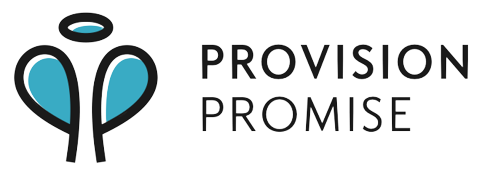
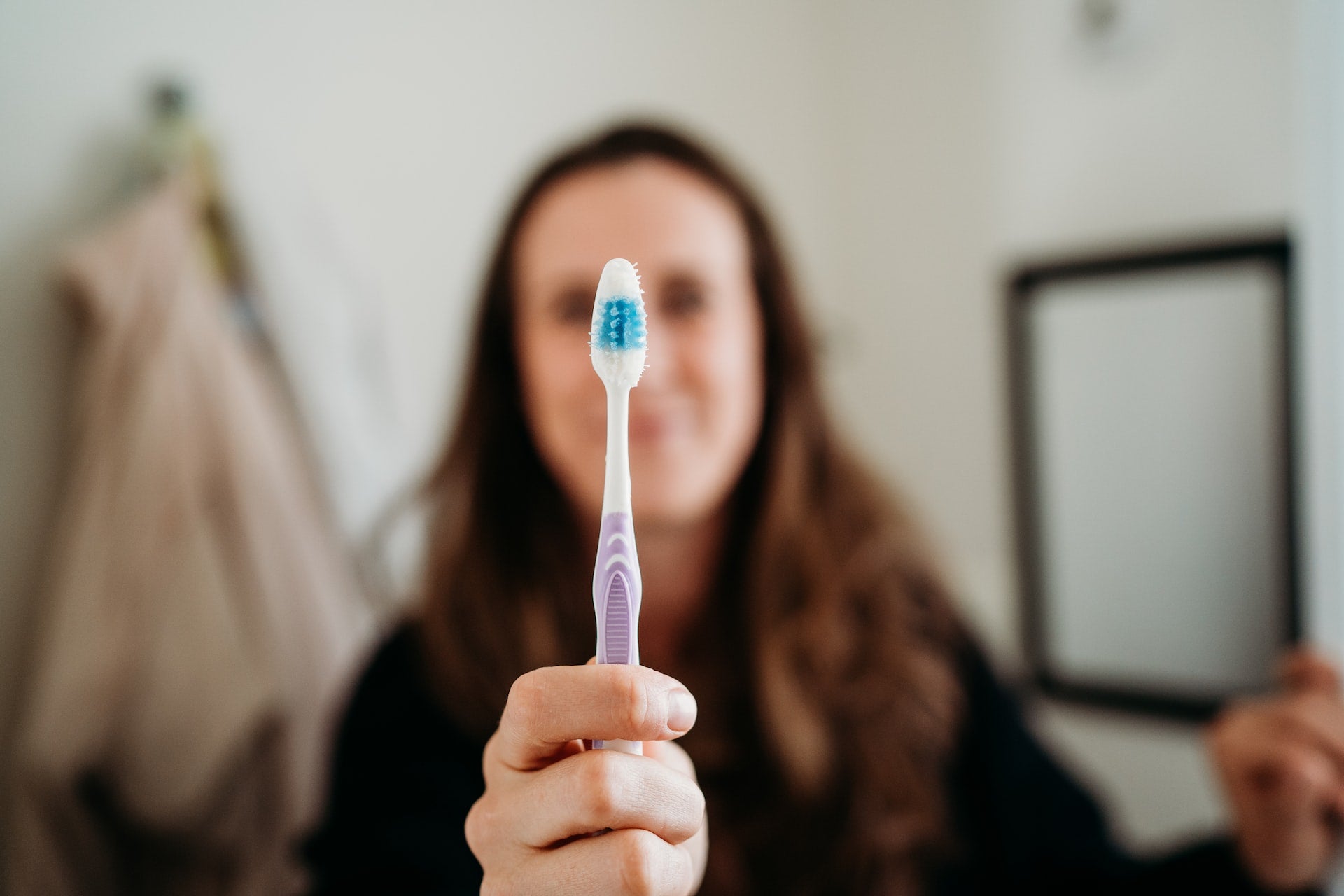
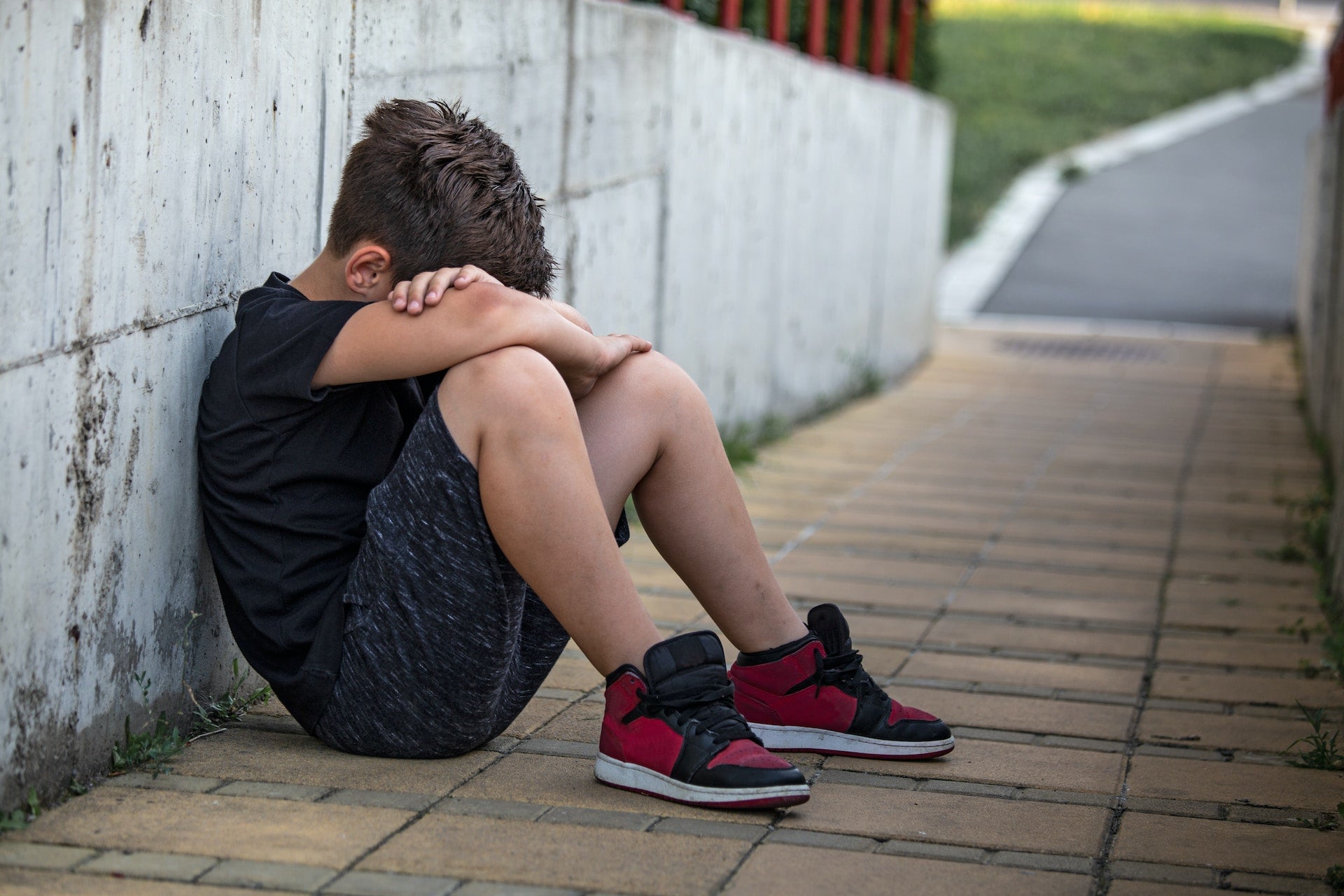




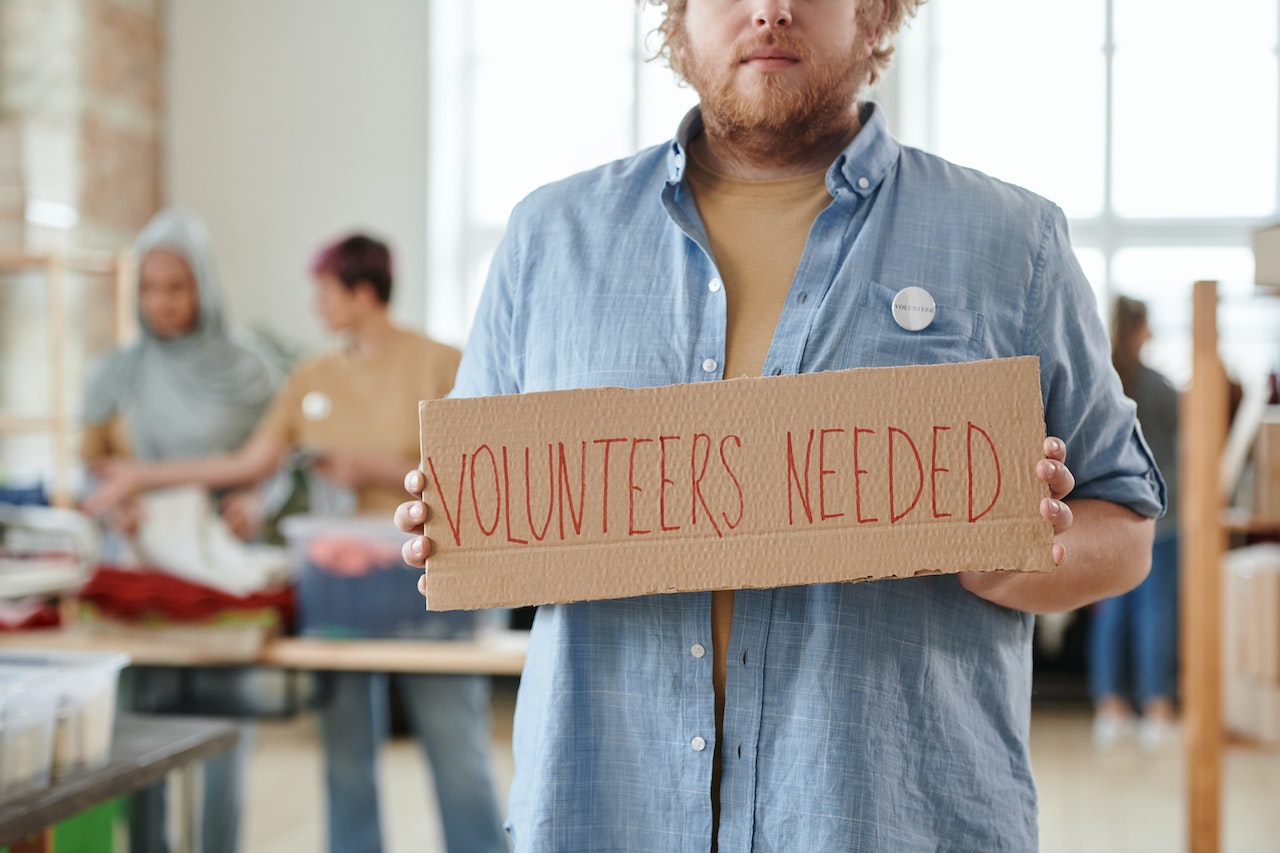
Leave a comment